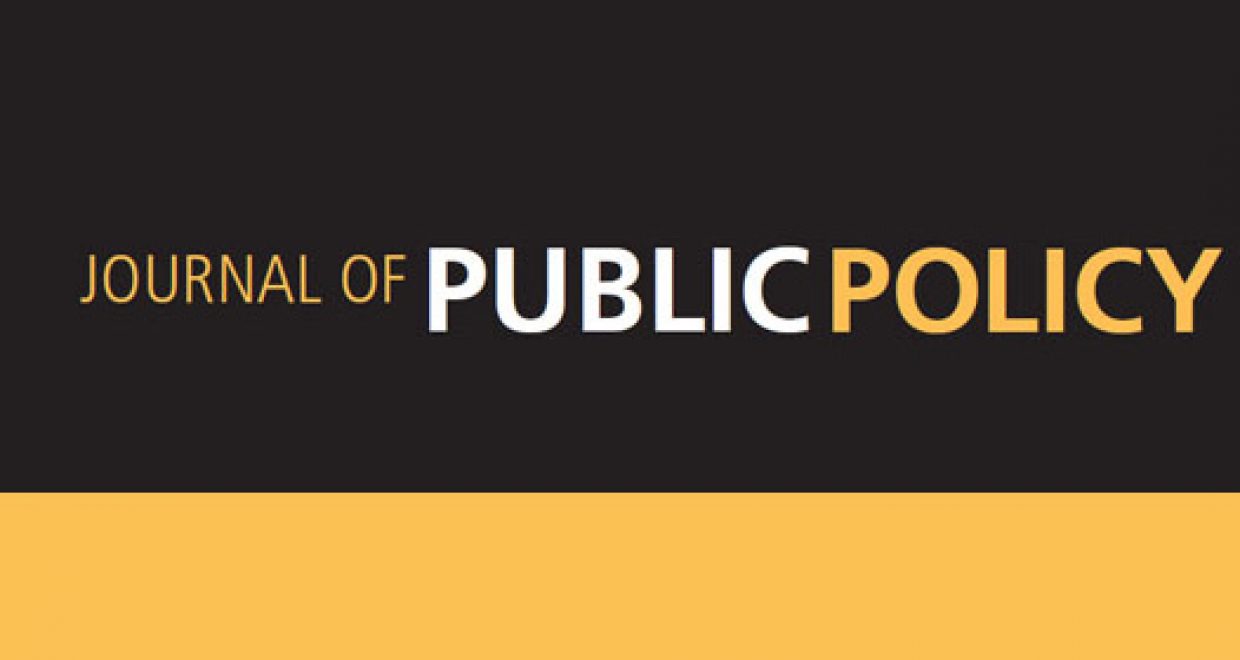Does gambling belong in the category of morality policy?
Morality policies involve a controversial question of first principles or core values. Does gambling belong to this category of policies? If so, is it manifest or latent?
Gambling and anti-gambling policies are often the terrain for intense and complex public debate. Many actors, such as local and national politicians, citizens, market players and non-profit organisations, play a role in the fundamental political confrontation over the values involved. A specific policy may involve morality in some countries and not in others, and be related to certain time periods, depending on configurations of cultural value dispositions and their institutional representation – what the literature defines as cultural opportunity structures (COSs). Notably, scholars refer to and apply COSs at the national level, and almost no attention has been paid to the multilevel nature of policymaking.
In our recent article “Anti-Gambling Policies: Framing Morality Policy in Italy” my co-authors and I set out to test the idea that gambling in Italy is a latent morality policy. Our case study has been selected as the country is characterised by the contrasting nature of the legislation on gambling produced by the State and by the regional and municipal authorities, leading to a liberalisation at the national level and a restriction at the local level.
Italy was selected as our terrain of investigation because it is a State which for several reasons represents a crucial environment for the study of gambling policies. In addition to being one of the largest gambling markets globally and an international landmark from a regulatory standpoint, the scholarly literature lacks an account of its specific case, which features a multilevel conflict over gambling.
By asking whether gambling COSs in Italy differ at the national and local levels and identifying the presence of favourable COSs, we conclude that an understanding of the framing process is essential in the identification of morality policies. Our analysis identifies six main frames adopted by policymakers: (1) the morality frame; (2) health and social frame; (3) security and public order frame; (4) economic and fiscal frame; (5) institutional frame; (6) citizens’ frame.
Our contribution proposes an advance in the theoretical definition of morality policies by combining the analysis of the COSs with a frame analysis stressing the multilevel aspect of modern policymaking. We offer an empirical examination of the relationship between COSs and the exploitation of morality frames with a case study (gambling policy in Italy), providing relevant insights into the multilevel aspects of framing by showing how COSs have been activated at the local level but not nationally. Our studies point to a greater understanding of the multilevel nature of gambling policies, suggesting also that the exploitation of moral frames is easier at the local rather than the national level due to the wider range of political venues, the often more fragmented political systems and the greater degree of contact possible between a politician and the individual citizen.
Our research is based on a qualitative assessment of both the content analysis of interviews (as primary data) and of public documents (as secondary data). We conducted 12 interviews with policymakers of both centre-right and centre-left parties with official responsibilities at the regional and local level, together with 5 interviews with key informants from the civic society actively involved in the prevention of or opposition to gambling. We also analysed, at the national level, the parliamentary discussion on the Balduzzi Decree, a health-related act with strong impact on the political debate on gambling, and local laws and regulations at the sub-national level. The combination of these sources allowed us to identify the main emerging frames (both discussed and not discussed in literature). Our methods demonstrate that framing processes are diversified in the various political arenas studied, and our results show that the exploitation of morality frames is directly influenced by the multilevel treatment of an issue in parliamentary debates and public debates. These multilevel treatments result in extremely differentiated frames which reflect an interaction with related policies and the perceived moral nature of the phenomenon.
– Matteo Bassoli, University of Padova
– The authors’ Journal of Public Policy article is available free of charge until the end of June 2020.







i agree with you. thank you for sharing this article
Gambling isn’t wrong just that some laws made by …
The review of qualitative assessment of content analysis is so clear and straight forward. Thanks for the insight